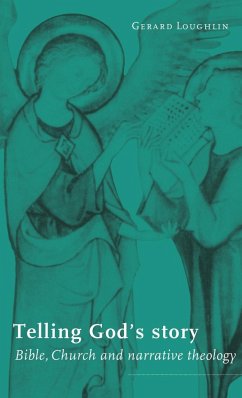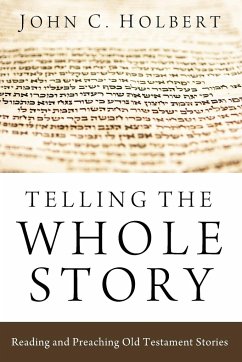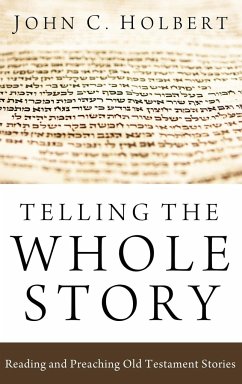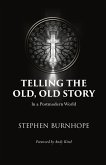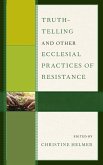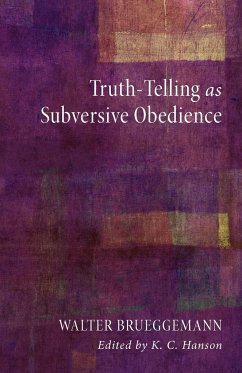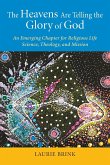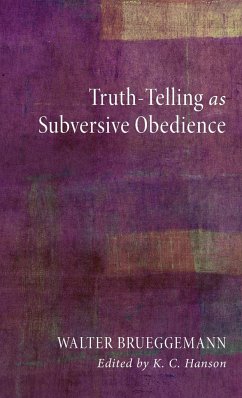Narrative theology emphasises the priority of the story of Jesus Christ, the communal telling and sacramental performance of his life, death and resurrection. The story of Jesus is prior to any narrative category or other conceptuality; and narrative theology is the discipline of a practice which presupposes this priority. Telling God's Story is a postmodern exercise in such theology. Situating itself within postmodernity, it shows how the distinction between narrative and story enables the Church to read the Bible as a single story that finds its focus in Jesus Christ. Gerard Loughlin draws on the work of Hans Frei, George Lindbeck and John Milbank to articulate a view of the Church as the telling and continuation of Christ's story. He establishes the mutual constitution of Scripture and community as the context in which Christ makes himself known and available for faith. Telling God's Story defends the inspiration, historicity and truth of the biblical story as it is performed in the life of the Church, and shows how narrative theology enfolds and unfolds doctrine within the telling of God's story. Ranging from Aquinas to Lyotard and Derrida, and from Hegel to Ricoeur and Steiner, Loughlin uses philosophy and literary theory to further his arguments. In the epilogue the book focuses on the Eucharist as the telling of the story that is at the same time the telling of the Church as the very Body of Christ.
Hinweis: Dieser Artikel kann nur an eine deutsche Lieferadresse ausgeliefert werden.
Hinweis: Dieser Artikel kann nur an eine deutsche Lieferadresse ausgeliefert werden.

